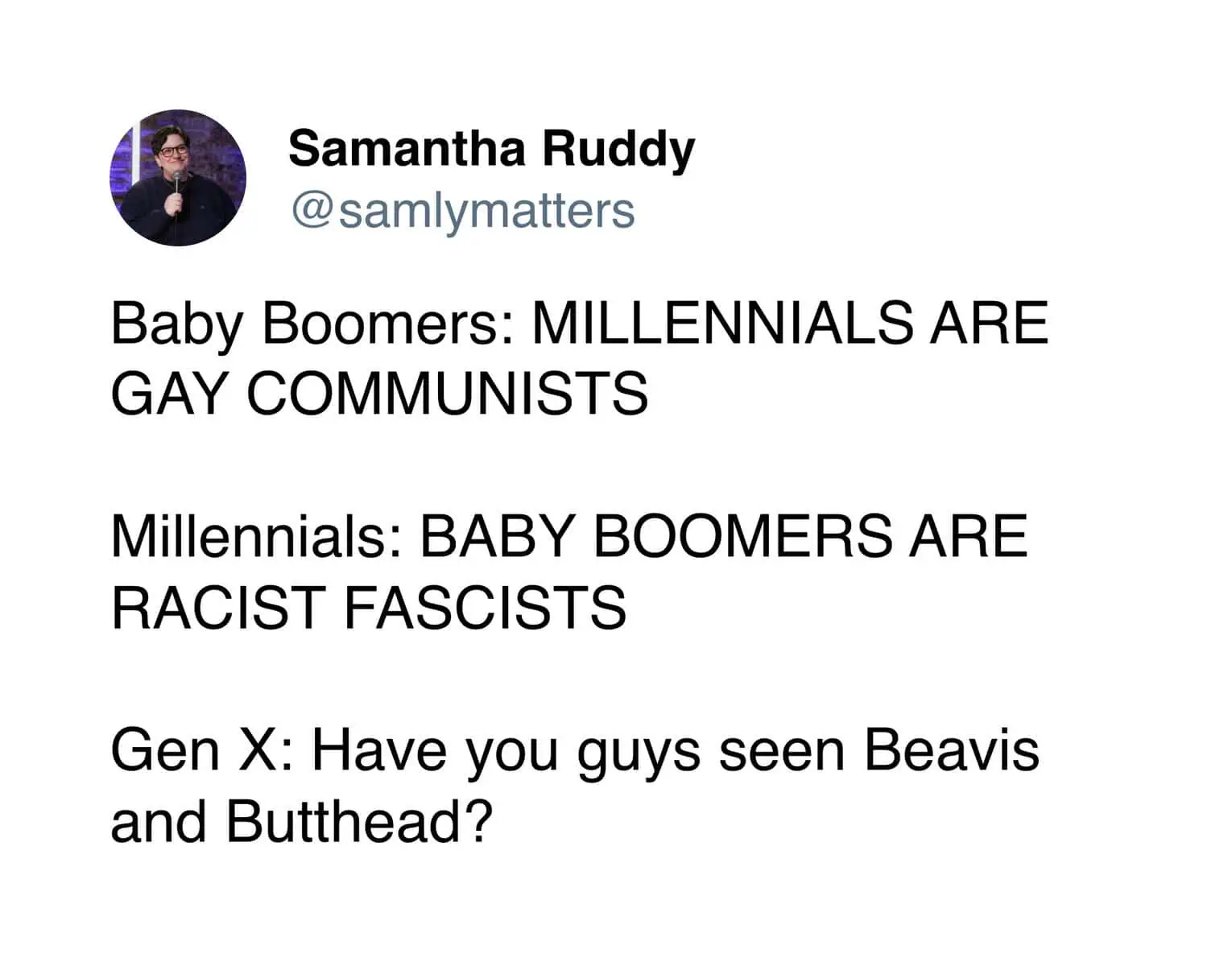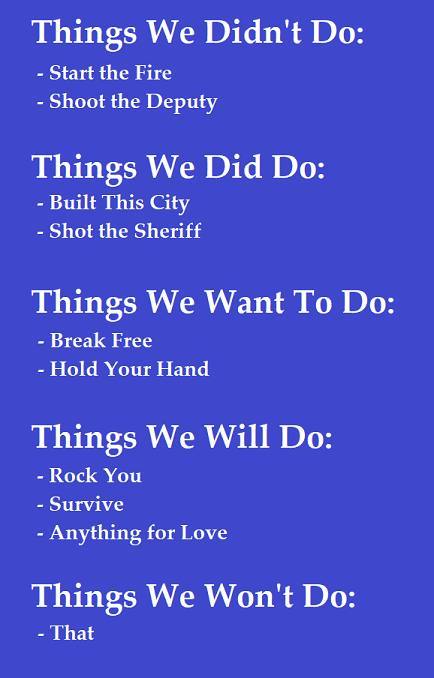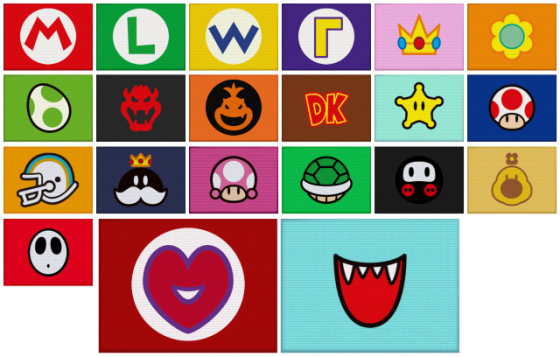
Kirk Israel's commonplace and blog. Quotes and links daily since 2001.
2026.03.04

2026.03.03
Good opening credits video.
Christian Jihad ahoy.
One rule of thumb in watching movies: the bad guys are the ones working to bring on the end of the world. This applies in real life as well.
And honestly, "Israel" is distinctive but not inflammatory in normal American social space. It's not like walking around named "Armageddon Netanyahu McCrusade." It's just a biblical surname that happens to share a name with a country.
Incompetence and suck-up-itism rules this land
Is Patel a DEI hire? And by DEI I mean "Donald's Ego-rubbing Intern"
Kash Patel's latest firings ousted agents with expertise in Iran
Open Photo Gallery


2026.03.02
* Underdog (Sly & The Family Stone)
Damn, some show had this
* Sea Lion Woman (feat. Gaye Adegbalola) (Rory Block)
from the steam gay hockey series "Heated Rivalry"
* Don't Let It Bring You Down (Live) (Crosby, Stills, Nash & Young)
from Lynette's playlist... I didn't realize it wasn't an original by Annie Lennox...
* Morning Song (Jewel)
Sweet song from Lynette's playlist
* L-O-V-E (Nat "King" Cole)
Lynette says she would prefer I sing this to her than my go to "us" song, the theme to "Diff'rent Strokes"
3 star:
* Highschool Lover (Air)
nice melancholy piano from "The Virgin Suicides"
* Feelin' Myself (Junglepussy)
I won a bet with Lynette - she was skeptical "Junglepussy" was both this artist and the actor playing a character of the same name in "One Battle After Another"
* Don't Look Back (Diane's Version) (Rick and Morty)
* What's the Difference (feat. Eminem & Xzibit) (Dr. Dre)
looked up tbe background music to anti-ChatGPT-ads ads
* All the Things She Said (Harrison)
weirdly slow-voice sounding cover from the hot gay hockey romance "Heated Rivalry"
* Little Known Facts (Ilana Levine, B.D. Wong & Anthony Rapp)
My mom and I listened to a cast recording of the Charlie Brown musical, and I always remembered "Snow blows UP, Charlie Brown, Snow Blows UP"
women are kinda like strawberries.
sometimes they at the grocery store.
2026.03.01
Shared from another page:
An Iranian man left this comment on my YouTube channel. This is without a doubt the single best explanation of the reality facing Iranian people today👇
"As an Iranian, I can tell you the situation is no longer just political--it's existential. We are trapped between two collapsing structures: one internal, one external. On one hand, we face a deeply dysfunctional government, led by the Supreme Leader and the Islamic Republic's unelected institutions.
Decades of economic mismanagement, suppression of dissent, and brutal ideological control have alienated multiple generations. No one believes in reform anymore--because every attempt has either been co-opted or crushed. But here's the paradox: We are also terrified of regime collapse--because we've watched the aftermath of Western intervention in countries like Iraq, Libya, Syria, and Afghanistan. Each was promised freedom; each descended into chaos, civil war, or foreign occupation.
So no, we don't trust the U.S. or Israel. Not because we support our regime--but because we know how imperial powers treat 'liberated' nations in the Middle East.
Freedom, in their language, often means vacuum, fire, and permanent instability. Right now, many Iranians live with three truths at once: The Islamic Republic is morally and politically bankrupt. The alternatives offered by foreign actors are not liberation--they're collapse.
A bad government is survivable. No government is not. We are not silent because we agree. We are cautious because we've learned--too well--what happens when superpowers decide to "help." In a sentence: Iran is a nation held hostage by its own regime, but haunted by the fate of its neighbors. We are stuck in a house we hate, surrounded by fires we fear more."
A bit of optimism is STRATEGY, not entitlement.
2026.02.28
As an ethical AI user, I begin each session by asking the chatbot to give a stolen data acknowledgement. It is an important first step toward justice.

2026.02.27

2026.02.26

I always wanted to be one of those people who had like, plants in the bathroom.

